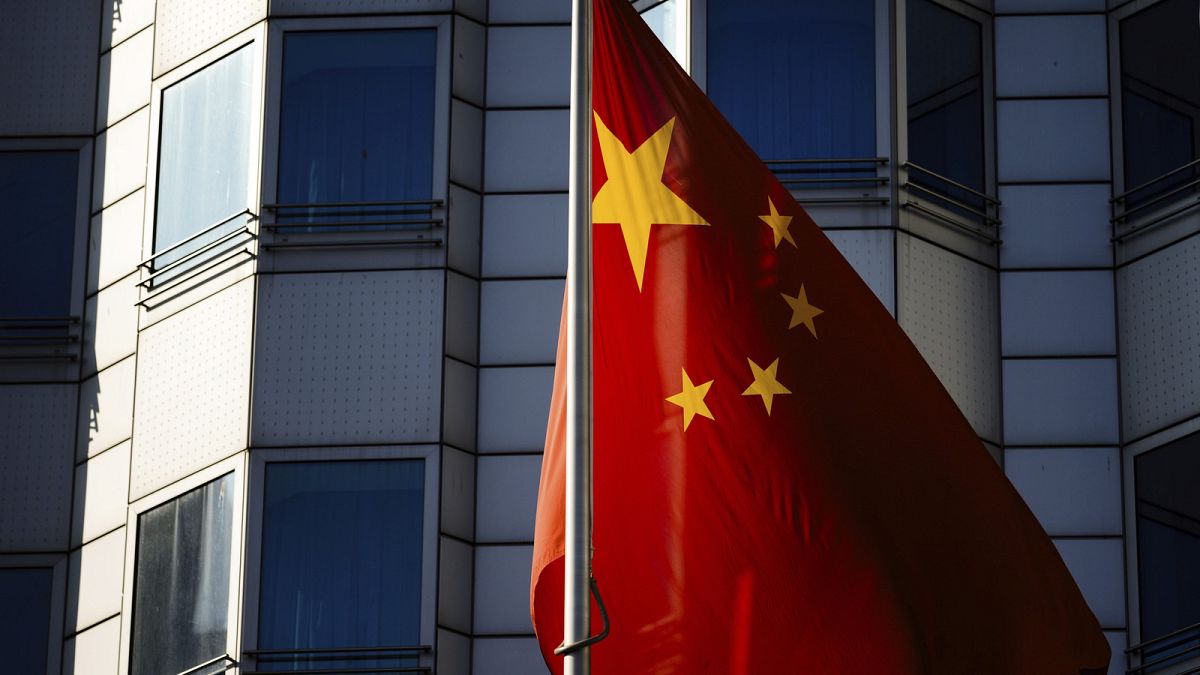Overseas Chinese students studying in Europe are facing increased surveillance and harassment by Chinese authorities in retaliation for their activism, according to a new report by Amnesty International. The report highlights how Chinese and Hong Kong students studying in European universities are being followed, photographed, and monitored both in person and online. Additionally, their family members back home in China are also being targeted and threatened by authorities due to the students’ activism abroad.
The report is based on interviews with 30 Chinese and 12 Hong Kong students studying in universities in several EU member states, as well as Switzerland, the United Kingdom, and Canada. These students report living in constant fear of intimidation, harassment, and surveillance at the hands of Chinese authorities. Nearly half of the students interviewed said they had been photographed or filmed at events such as protests by individuals believed to be acting on behalf of the Chinese state.
Amnesty International’s regional director for China, Sarah Brooks, expressed concern that China’s crackdown on human rights activism is infiltrating academic environments and threatening the free exchange of ideas. The organization is calling on governments and universities to do more to counter this transnational repression and protect the rights of Chinese students studying abroad. The findings of the report come in the wake of previous revelations by other NGOs about China’s activities on EU territory, including abducting overseas citizens and pressuring dissidents through police offices scattered across EU countries.
The report includes testimonies from students who have experienced direct harassment from Chinese authorities, including one student whose father in China was contacted by security agents following her attendance at a commemoration of the 1989 Tiananmen Square massacre. The agents warned the father to prevent his daughter from attending events that could harm China’s reputation, despite her efforts to remain anonymous at the protest. Additionally, some students reported that their families back in China had been harassed, threatened with passport suspensions, benefit cuts, or job dismissals as retaliation for the students’ activism abroad.
Amnesty International highlights China’s advanced technological censorship capabilities, which make students vulnerable to surveillance and interception of their communications, especially when contacting relatives and friends in China. The organization emphasizes the need for increased efforts by governments and universities to protect Chinese students studying abroad, noting that host countries have a legal obligation to safeguard foreign students. However, it also points out that many universities in Europe and North America are unprepared to deal with transnational repression and its impacts on their campuses.
Euronews has reached out to the Mission of the People’s Republic of China to the European Union for a response to Amnesty’s research. The article will be updated with any response received. Overall, the report sheds light on the challenges faced by overseas Chinese students and underscores the importance of addressing transnational repression to safeguard academic freedom and protect the rights of students studying abroad.































